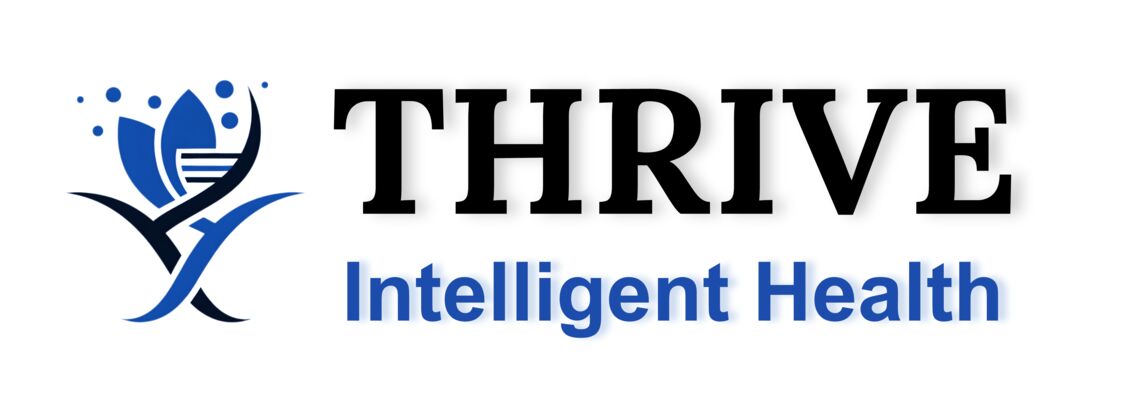Background
Strabismus, or misalignment of the eyes, affects up to 6% of children and can have significant visual, developmental, and psychosocial consequences. Although surgical intervention is common, predicting the long-term success of surgery remains a clinical challenge. Variability in techniques, patient-specific anatomy, and post-operative adaptation often result in a trial-and-error approach, with a risk of re-intervention.
Project Overview
This project explores the use of artificial intelligence to support surgical planning and outcome prediction for paediatric strabismus. Leveraging a large, ethically approved dataset from SickKids Hospital (Toronto, Canada), we aim to build machine learning models that predict surgical success and guide clinicians in selecting the most appropriate intervention strategies.
The research includes:
- Developing classification and regression models based on pre-, intra-, and post-operative clinical data
- Investigating the role of specific features such as deviation angles, surgical technique, and patient history in determining outcomes
- Applying explainable AI methods to improve interpretability and clinician trust
- Validating models against expert judgement to assess clinical utility
Impact
The ultimate goal is to create decision-support tools that reduce unnecessary reoperations and improve the precision of paediatric strabismus care. The work also contributes to broader efforts to integrate AI into ophthalmology in a transparent, ethical, and patient-centred manner.
Collaborators
Supervisors
Clinical Advisor
Dr Kamiar Mireskandari, Paediatric Ophthalmologist, SickKids, Toronto
This project is conducted in collaboration with The Hospital for Sick Children (SickKids), a leading paediatric research hospital in Canada, and draws on a rich longitudinal dataset to guide and evaluate AI-driven tools for improving surgical outcomes.

